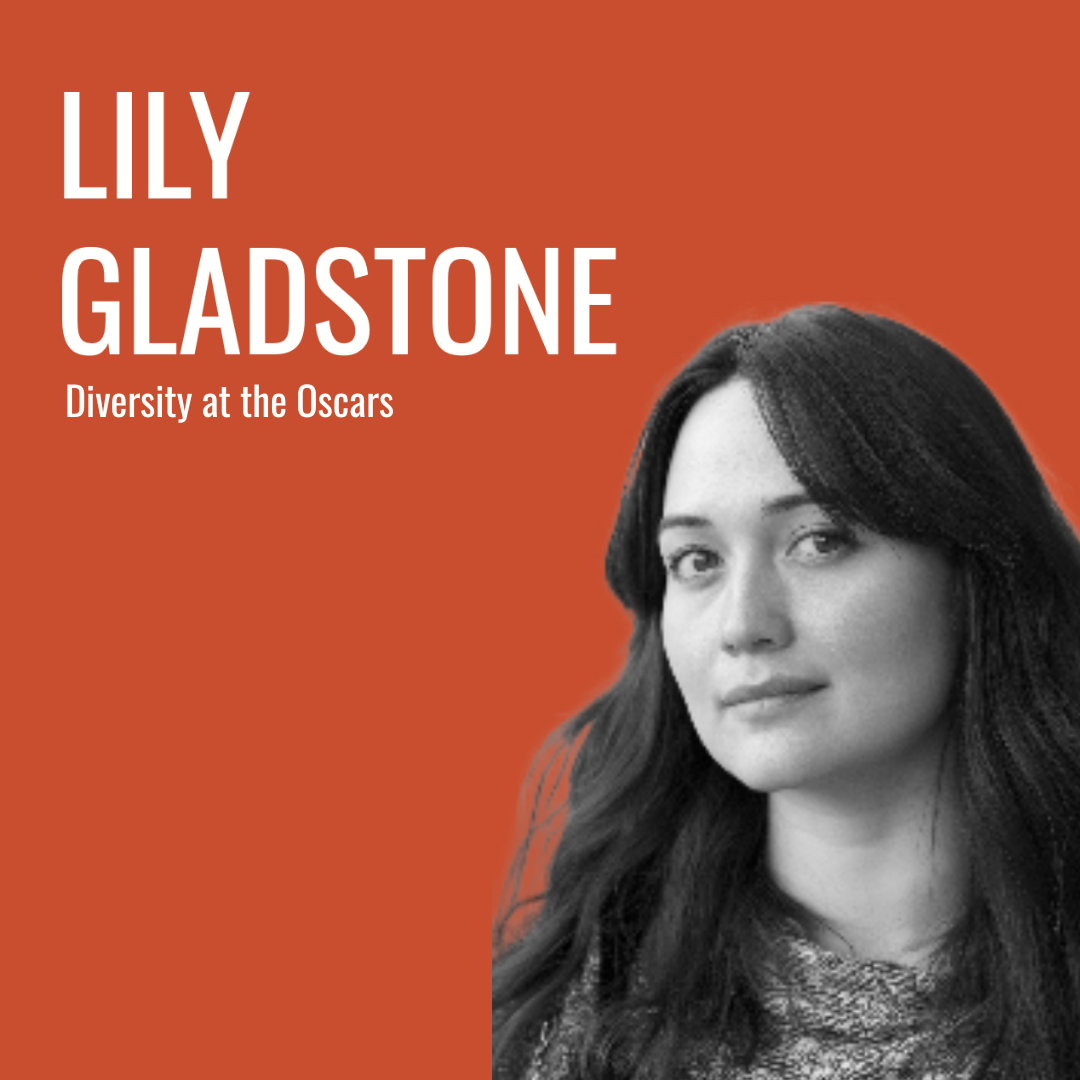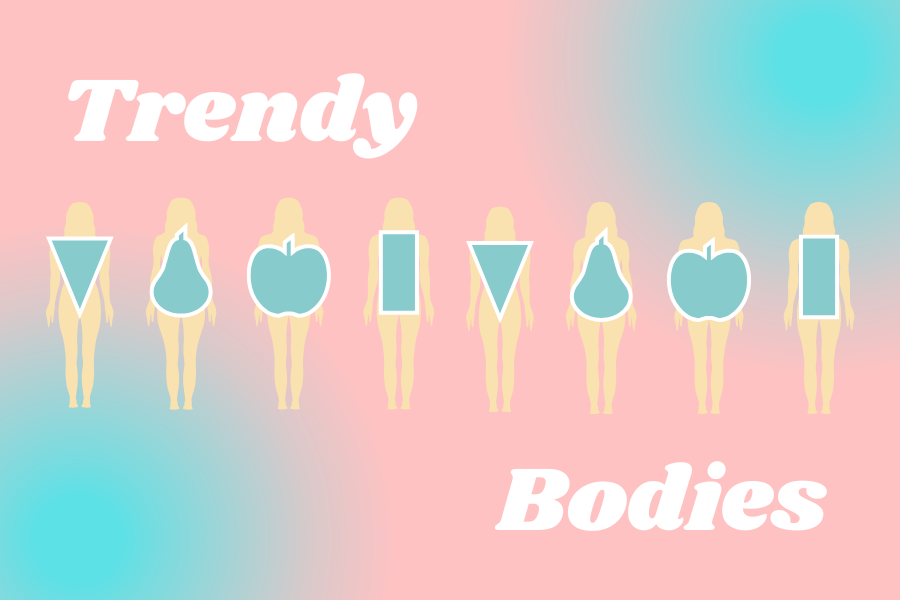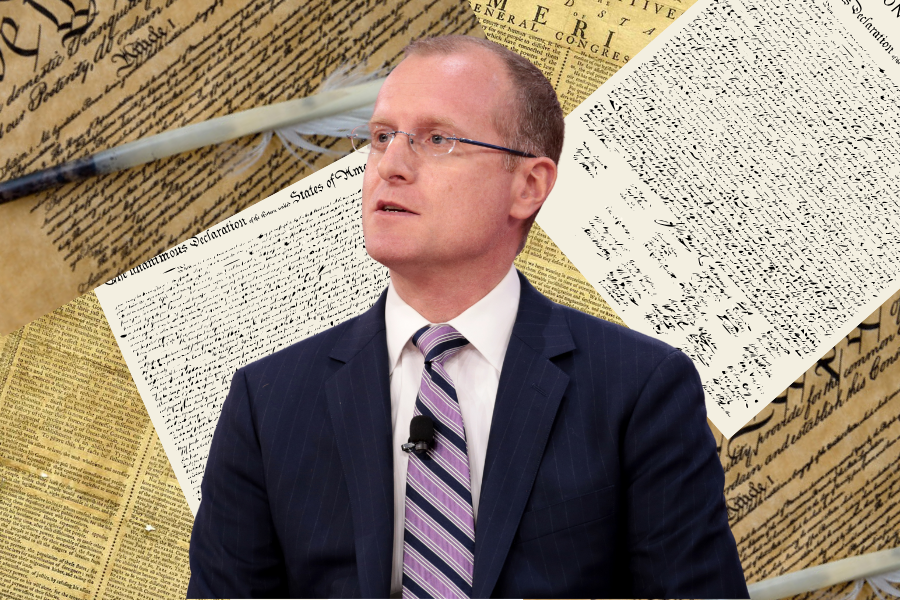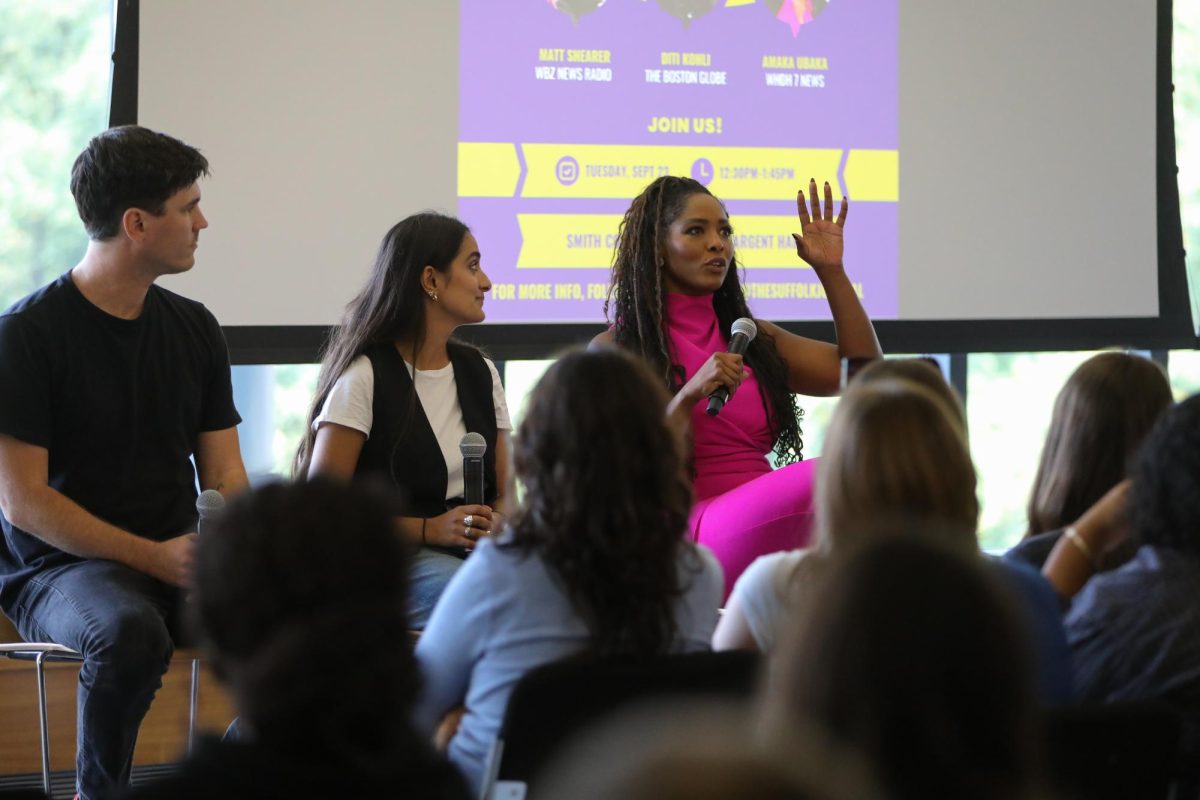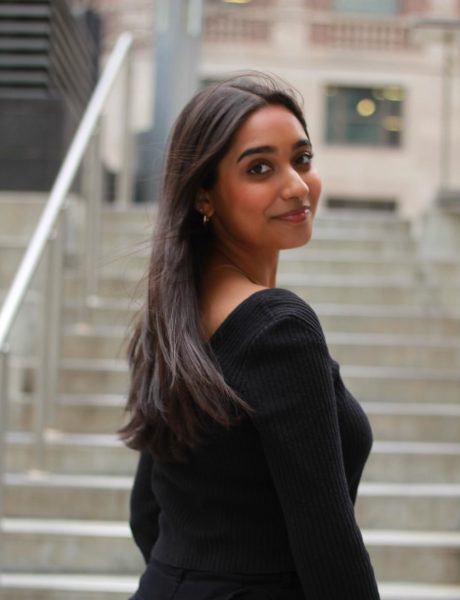The new diversity and inclusion standards implemented by the Oscars in 2024 have the opportunity to provide a stronger backbone to the strive for diversity. This awards season pleasantly surprised me with how inclusive some of the nominations were.
While there have been efforts in representation, or lack thereof, in the Oscars it is evident that diversity was never the goal of The Academy until they faced immense public pressure.
The 2015 social media campaign “#Oscarssowhite” was a response to the disproportionately white cast of nominees. Since then, The Academy has made improvements to who is nominated and who wins awards.
In recent years, the Oscars have shown promise that they are growing more inclusive. A University of Southern California study uncovered an increase in diversity in Oscars nominations. According to the study, before 2016 only 8% of nominees were not white. That statistic rose to 17% in 2023.
The late 2010s began the uphill climb for inclusion in film and the 2020s will be the decade for adequate representation in the film industry. I do not think that it is likely that the strides made in diversity will regress in future award shows.
The conversation of diversity and representation in award shows needs to shift away from the alleged snubbing of “Barbie” and focus needs to be put on the diversity that is currently blooming in Hollywood.
There have been a greater number of Black and Hispanic directors nominated in past Oscars such as Jordan Peele and Guillermo Del Toro. As for this season, the nominees for the Actress in a Supporting Role category are primarily BIPOC.
A lot of the current discourse has almost completely overshadowed the amazing accomplishments of other filmmakers and actors nominated in the 2024 award season. An example of this is the backlash surrounding Ryan Gosling’s nomination for Best Actor in a Supporting Role for the movie “Barbie” and the lack of nomination for Margot Robbie.
Robbie’s performance as Barbie does not hold up to the other actresses nominated for the Best Actress in a Leading Role category. The women nominated in the category are more deserving than Robbie and worked incredibly hard to receive this great achievement.
Lily Gladstone’s historic Golden Globes win and Oscars nomination should not be glossed over just because one white woman did not get nominated into a category that is already filled with white women. Gladstone deserves to be celebrated as the first Native American to be given such accolades and it is immensely disrespectful to Gladstone and the other women nominated to try and force Robbie into that category.
I think it’s pretty crass that a lot of my TikTok feed was spent trashing the Oscars for not granting Robbie and Greta Gerwig more awards than they actually need while completely ignoring actual snubs and victories from this award season. On top of that, major news outlets like the Los Angeles Times pumped out several articles covering Robbie’s so-called snub and published barely anything on Gladstone.
It is unfortunate that one of the least diverse categories this Oscars season was Best Actress in a Leading Role, and Robbie is not going to make that category any more diverse.
It is essential to focus more on the apparent inclusive changes made in several acting categories and writing, including Best Actor in a Leading Role and Best Actress in a Supporting Role. While there is still a large gap to fill in representation, there is an obvious effort starting to be made in inclusion.
Even though it is easy to say something is diverse when only a few BIPOC people are represented, I believe that more media surrounding underrepresented groups and their stories will hit the mainstream and future award shows.


